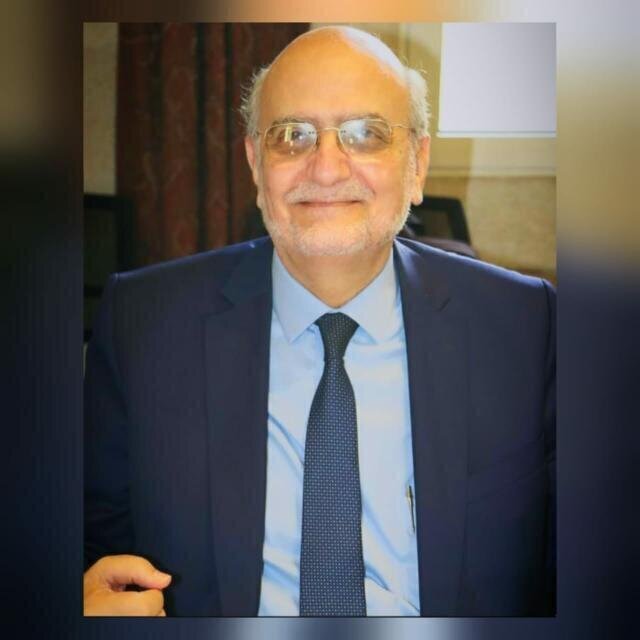An ecumenical celebration in the care of the Holy Family
Dr. Michel E. Abs
Secretary General of the Middle East Council of Churches
To Egypt went our delegation from the Ecumenical Council of the Middle East is in the process of preparing for its twelfth General Assembly, which will be held there at the kind invitation and support of His Holiness Pope Tawadros II, in addition to the support of the Most Reverend Pastor Andrea Zaki.
In the context of the preparatory visits to the General Assembly, the MECC delegation visited the spiritual leaders and will continue its tour in the coming days.
What I will mention in this brief article is a set of observations and thoughts that came as an obvious and spontaneous conclusion during the visits and from the conversations that took place during the numerous meetings held by the MECC delegation with the various leaderships with which it had in-depth discussions on various topics related to the ecumenical work and its inclusion within the national fraternity on the land of Egypt.
What is obvious to the sight is that there is an Egyptian Christianity with diverse manifestations, so rich in components which are in harmony with each other, that we can consider them as one in terms of spirituality and cooperation despite the differences resulting from the particularities of each of these components.
What the observer notices is that this Christianity, which I called Egyptian, is a deeply institutionalized Christianity. It does not work in a chaotic way or with improvisation, but rather focuses on framing its work in the best way that secures the highest levels of performance and the best results of institutional work.
What is also clear to the eye is that this Egyptian Christianity is in a state of brotherhood with the rest of the components of Egyptian society, and this is what we see in the relations that link the various groups that make up this rich society with psychological and cultural characteristics. The interaction between the people of this society is at its best in the context of sustainable national integration secured by the state of stability experienced by the homeland of the Nile Valley. In our visit to Christian religious sites, we saw a large number of non-Christians visiting these places with great reverence and respect mixed with curiosity. In such a climate, man is no longer an enemy of what he ignores, as knowledge dispels all prejudices and discriminations that destroy the country.
What also cannot be ignored is that this Christianity, which I called "Egyptian", is a national Christianity par excellence, and therefore it is not alienated from the national destiny of the Egyptian society. We all know the place that the interests of the Egyptian homeland occupy in the hearts of Egyptians, Christians and non-Christians alike, to the extent that patriotism becomes a part of their faith in God.
In addition, the knowledgeable observer notes how much Egyptian Christianity is characterized by joy lived individuals belonging to the different denominations, and this was obvious in the behavior of the believers during the gatherings in which we participated as well as through our socialization with them.
Egyptian Christianity is reassuring because her faith is deep, permeates her soul and radiates peace and tranquility around her. She is also a giver, giving without limits, based on her faith and her confidence in herself and her interlocutors.
As for the Holy Family and its journey to Egypt, it has a distinct place in the faith of Egyptian Christianity. St. Mark and all the saints of Christianity have a distinguished and prestigious position in the faith sentiments of the Egyptians, but the Holy Family has a consideration that is not matched by any other matter.
In addition to the faith dimension related to the Holy Family's journey to Egypt, there is the cultural and popular dimension that occupies a large part of the culture of Egyptian Christians as well as all other Egyptians. This journey is present everywhere and under various manifestations, from icons to drawings to maps, to any other way of expression.
During our delegation's visit to Egypt, we realized how much the Holy Family and its journey give the collective consciousness of the Egyptians a character unlike anything else.
I assure you that the Holy Family was there.

